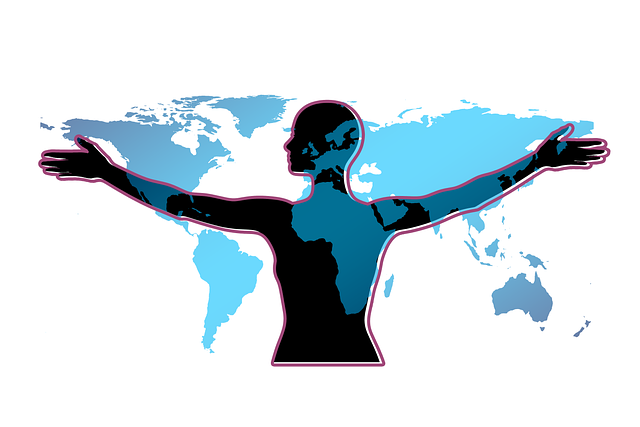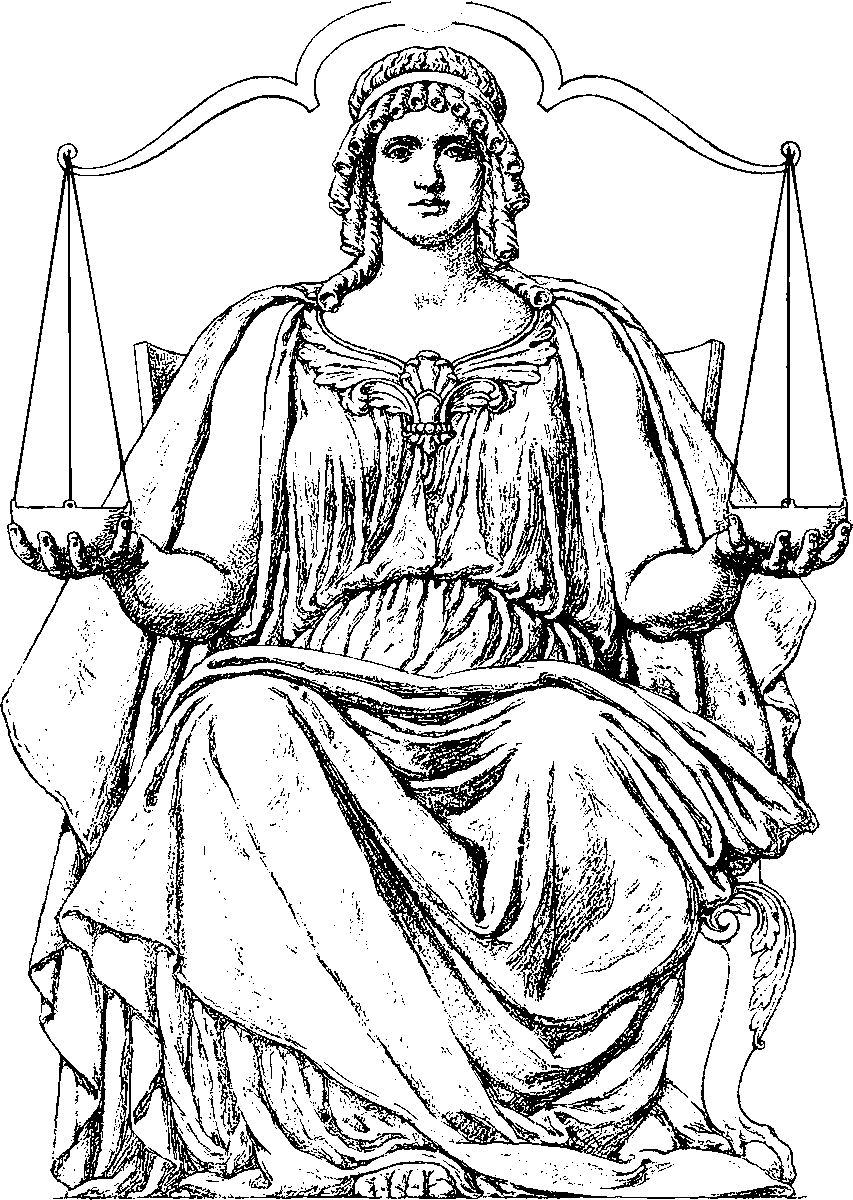
What is the state?
May 25, 2025
The State and You!
May 25, 2025Power
Power and the State: Who Really Shapes the Law?
Although laws are meant to reflect the needs of the people, those with power — political, economic, or social — often have more influence over how laws are created, interpreted, and enforced. In theory, democracy gives all citizens a voice. In practice, powerful individuals and groups can shape the state to serve their own interests, not the public good.
Who Has Power Over the State?
Power doesn’t just belong to politicians. It can be found in:
Wealthy corporations and business elites
Media owners and influencers
Lobbyists and private interest groups
Senior civil servants and advisors
Judges and legal professionals
International organisations (e.g., IMF, World Bank, multinational companies)
These actors can influence the political agenda, the economy, public opinion, and even what counts as ‘common sense’.
Powerful individuals and groups can and do influence the state — often in ways that benefit themselves and harm the majority. Understanding these power dynamics is the first step in challenging injustice and building a society where laws truly serve the people, not just the powerful.

3. Media Control
Controlling the media means shaping public opinion — which puts pressure on lawmakers. Billionaire-owned news outlets can choose which stories get attention and how they’re framed, creating moral panics or distracting from real issues.
Example: Sensational coverage of crime or immigration is often used to justify tougher laws, even if crime rates are falling.
4. Revolving Doors
Politicians and corporate executives often swap roles — ministers become lobbyists, CEOs become advisors. This tight relationship blurs the line between public service and private gain, creating laws that protect corporate power.
Example: A health minister who later works for a pharmaceutical company may have supported laws that benefit that industry.
5. Undemocratic Influence
In some cases, powerful interests bypass democratic processes entirely, using backroom deals, blackmail, or corruption to get what they want. This undermines the rule of law and erodes public trust in the state.
Is There Hope?
Yes — awareness, activism, and transparency are key. When citizens question power, demand accountability, and push for fair representation, they can reclaim control of the state.
Whistleblowers and investigative journalists expose abuse.
Public protests and campaigns force change.
Legal challenges and judicial reviews hold the state to account.
Voting and civic engagement shape who gets into power


How Do They Influence Lawmaking?
1. Lobbying and Corporate Influence
Corporations and industry groups often lobby politicians to pass laws that favour them — such as tax breaks, weak regulations, or trade advantages. This is legal in many countries, but it gives those with money and access an unfair advantage.
Example: Big tech companies lobbying against data privacy laws or oil companies resisting environmental regulations.
2. Political Donations
Wealthy donors can support political parties or campaigns in return for influence over policies and appointments. While some countries have limits on donations, others allow vast sums of money to shape elections — and, indirectly, legislation.
Example: In the U.S., the Citizens United ruling allowed unlimited corporate donations to political campaigns.

When the State Serves Power, Not People
When laws are shaped by powerful interests rather than democratic will, we face systemic injustice. This includes:
Criminalising poverty (e.g. harsh welfare laws, fines for minor infractions)
Protecting corporate polluters while ignoring environmental harm
Ignoring racial or class inequalities in policing and sentencing
Privatising essential services, making them less accessible to the public
Suppressing protests or dissent to protect the status quo
This leads to what criminologists call state-corporate crime — harm caused by the collaboration between governments and powerful businesses. Of course power leads to inequality and those who suffer the most are working class and the black community.
The state find it easy to punish the weak because they have no voice, in purpose they build to stay as they are no opportunities for a better career and future. That brings me to the next chapter which is prisons.

